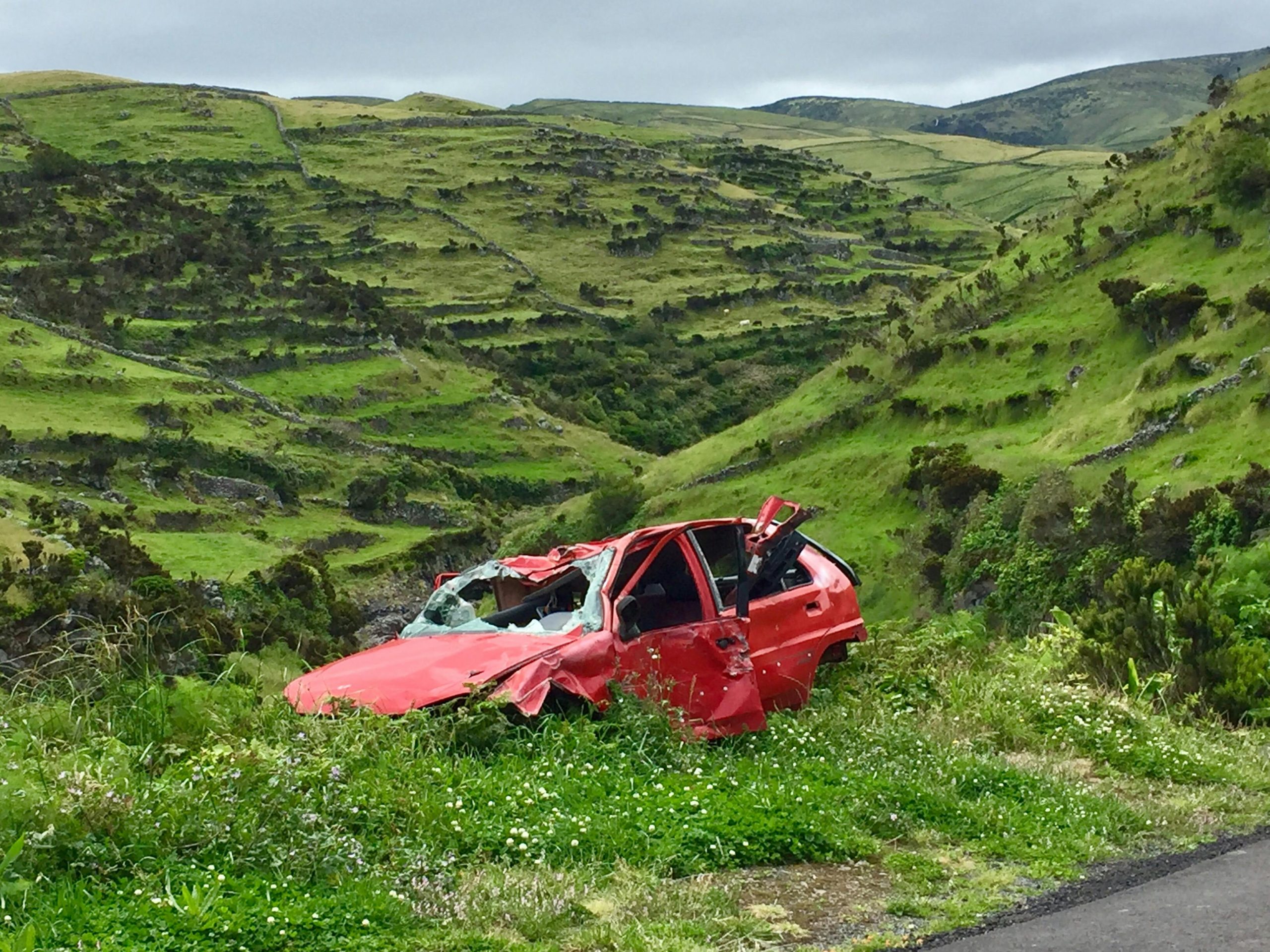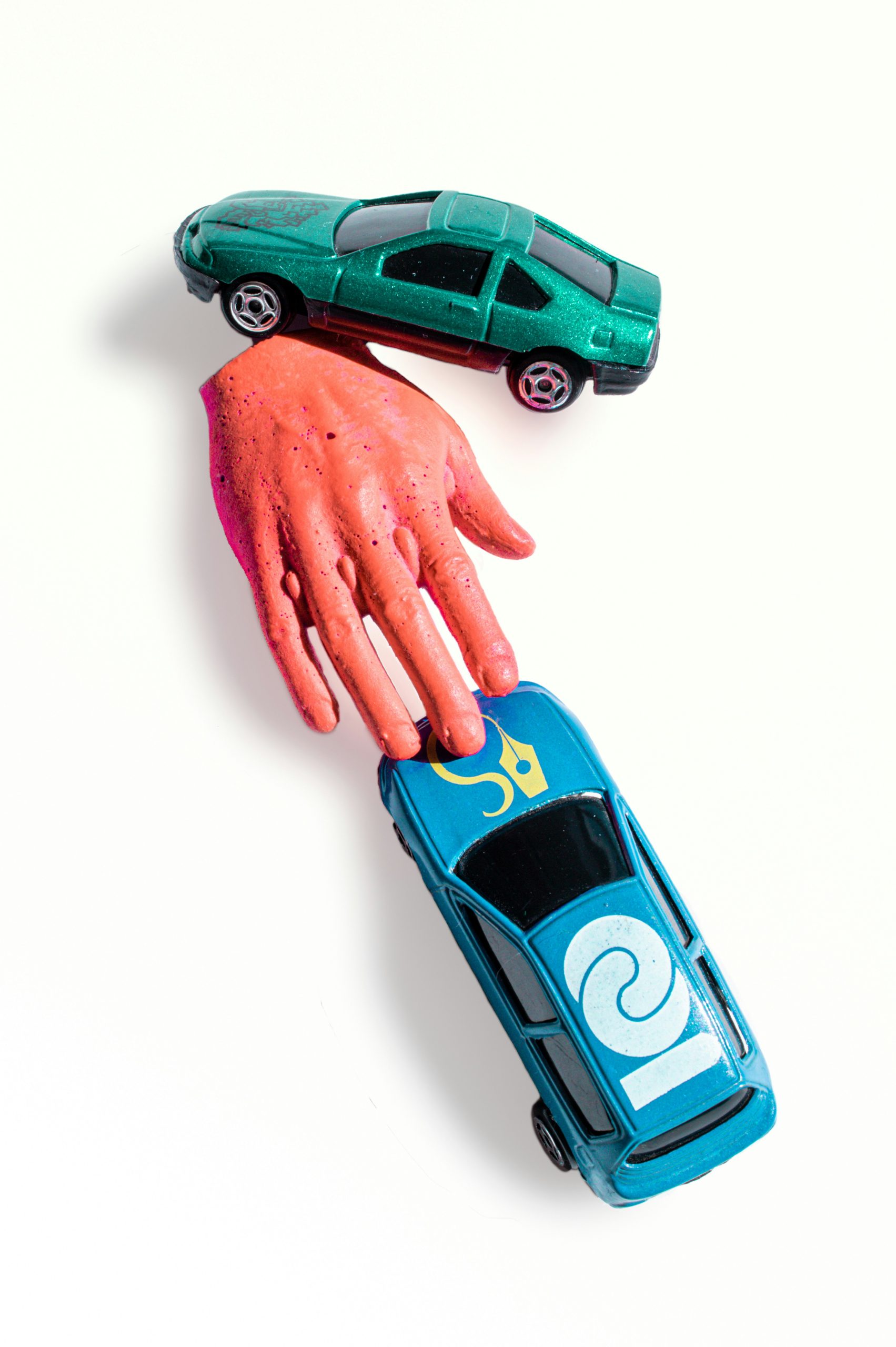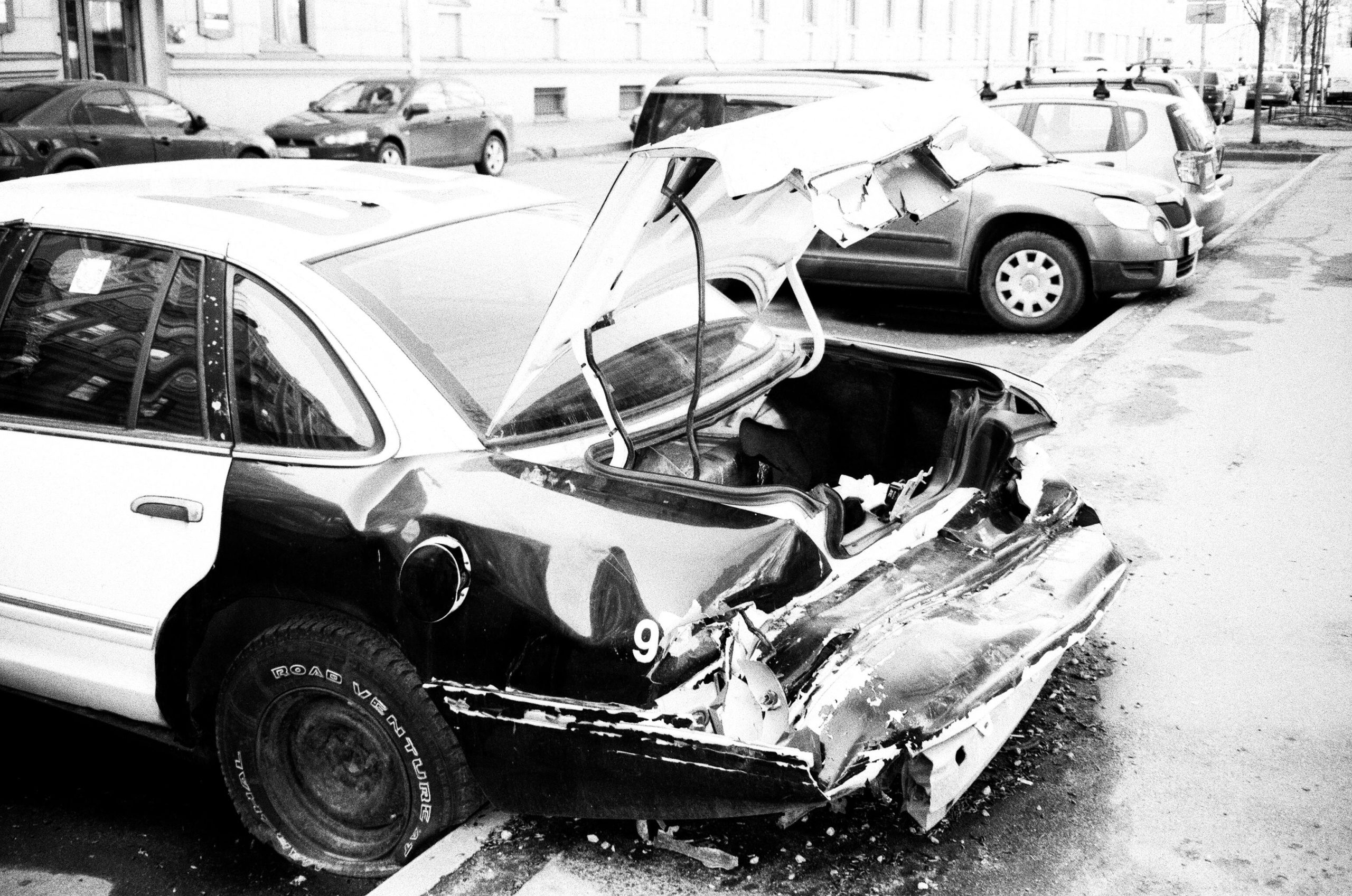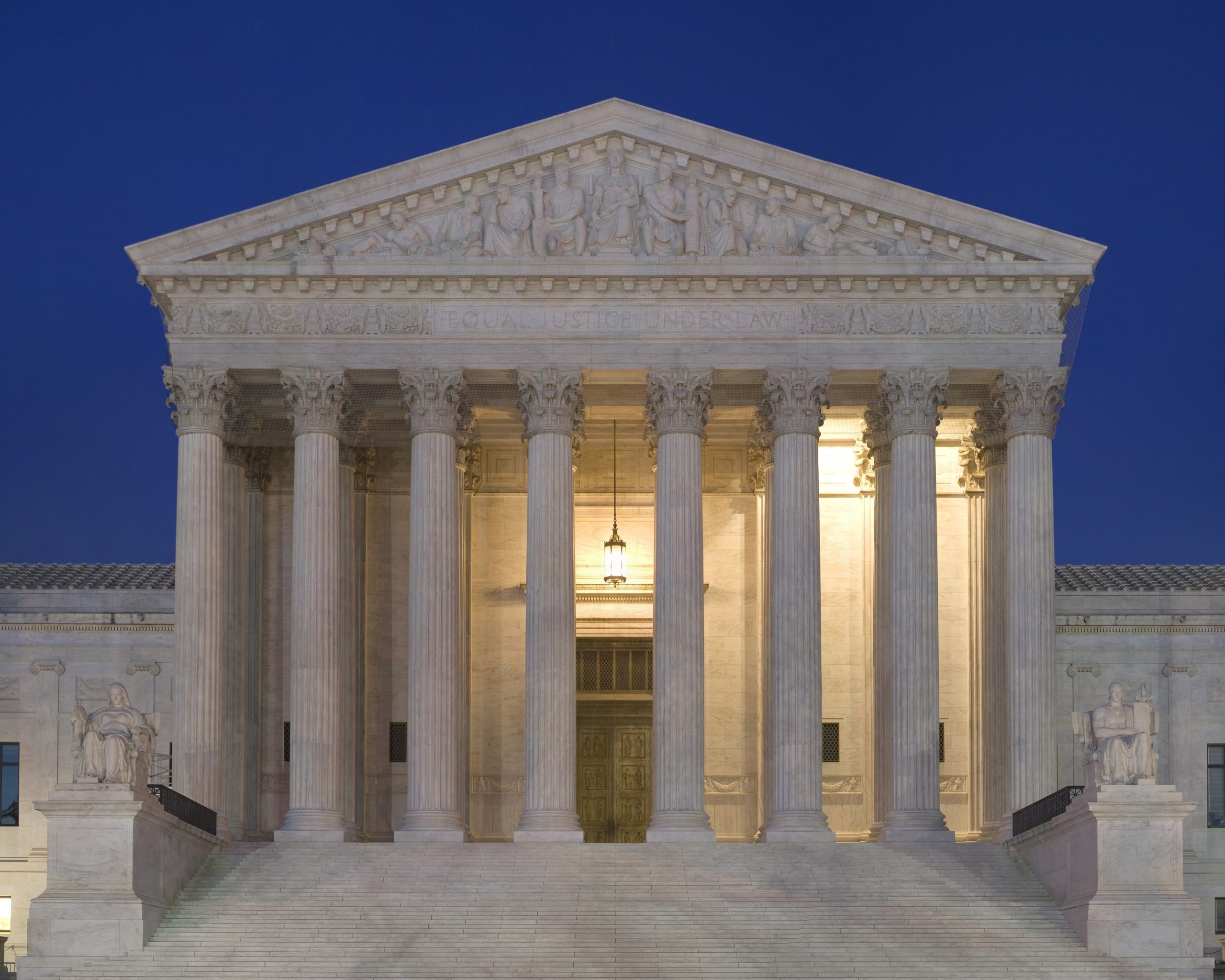 Sometimes, being a passenger in a car can be a frustrating and disturbing experience. This is especially true when actions beyond the passenger’s control, such as being involved in a collision, put his or her life in danger. When such a situation arises, the injured passenger will, understandably, seek compensation from the responsible party. However, if the person who caused the accident leaves the scene and is never apprehended by law enforcement, an injured person may turn their attention elsewhere for financial compensation. Such a situation arose following a car accident on a stretch of highway between Jennings and Lafayette, Louisiana.
Sometimes, being a passenger in a car can be a frustrating and disturbing experience. This is especially true when actions beyond the passenger’s control, such as being involved in a collision, put his or her life in danger. When such a situation arises, the injured passenger will, understandably, seek compensation from the responsible party. However, if the person who caused the accident leaves the scene and is never apprehended by law enforcement, an injured person may turn their attention elsewhere for financial compensation. Such a situation arose following a car accident on a stretch of highway between Jennings and Lafayette, Louisiana.
Kyle Jordan was driving a rental car with Riley Moulton as a passenger. The vehicle was sideswiped, causing Jordan’s car to flip over and injure Moulton. The hit-and-run driver was never identified, so Mouton sued both Jordan and the rental car company, EAN Holdings, for damages. The defendants moved for summary judgment, arguing that since Mouton admitted in his deposition that Jordan was driving safely at the time of the accident and did nothing to cause it, Moulton offered no evidence to support a theory of recovery against Jordan or EAN Holdings. The trial court granted the defendant’s motions for summary judgment. Mouton appealed to Louisiana’s Third Circuit Court of Appeal.
The Appellate Court reviewed the facts of the case as laid out by Mouton himself in his deposition testimony. Mouton stated that Jordan had set the cruise control in the car to 70 MPH, consistent with the speed limit, and was “driving correct.” He further testified that the accident occurred when Jordan made a proper change into the left lane to pass a large truck.
 A tragic accident involving a young boy with autism has raised questions about the legal responsibility of homeowners when someone is injured on their property. The case of Justin Stollenwerck v. Robert Schweggman, Jr., et al. explores the boundaries of a homeowner’s duty of care, especially when the injured party is the guest of a tenant. This blog post examines the case details and the court’s ruling, shedding light on the complexities of premises liability law.
A tragic accident involving a young boy with autism has raised questions about the legal responsibility of homeowners when someone is injured on their property. The case of Justin Stollenwerck v. Robert Schweggman, Jr., et al. explores the boundaries of a homeowner’s duty of care, especially when the injured party is the guest of a tenant. This blog post examines the case details and the court’s ruling, shedding light on the complexities of premises liability law. Insurance Dispute Lawyer Blog
Insurance Dispute Lawyer Blog


 Car insurance policies can be riddled with complex terms and conditions, often leading to misunderstandings between policyholders and insurers. The case of
Car insurance policies can be riddled with complex terms and conditions, often leading to misunderstandings between policyholders and insurers. The case of  In the realm of insurance claims and legal disputes, the concept of subrogation often plays a crucial role. Subrogation allows an insurer, after paying a claim to its insured, to step into the insured’s shoes and seek reimbursement from the party responsible for the loss. But what happens when the insured settles their claim directly with the at-fault party? Does the insurer lose its right to subrogation? A recent Louisiana Court of Appeals case,
In the realm of insurance claims and legal disputes, the concept of subrogation often plays a crucial role. Subrogation allows an insurer, after paying a claim to its insured, to step into the insured’s shoes and seek reimbursement from the party responsible for the loss. But what happens when the insured settles their claim directly with the at-fault party? Does the insurer lose its right to subrogation? A recent Louisiana Court of Appeals case,  In a victory for injured workers in Louisiana, the Court of Appeal for the Fourth Circuit recently upheld a decision granting Lorae Burnett the right to shoulder surgery following a work-related motor vehicle accident. The case,
In a victory for injured workers in Louisiana, the Court of Appeal for the Fourth Circuit recently upheld a decision granting Lorae Burnett the right to shoulder surgery following a work-related motor vehicle accident. The case,  In personal injury law, car accidents at intersections are all too common. However, the case of
In personal injury law, car accidents at intersections are all too common. However, the case of  A recent ruling from the
A recent ruling from the  In the complex world of insurance coverage disputes, a recent
In the complex world of insurance coverage disputes, a recent  Sometimes, being a passenger in a car can be a frustrating and disturbing experience. This is especially true when actions beyond the passenger’s control, such as being involved in a collision, put his or her life in danger. When such a situation arises, the injured passenger will, understandably, seek compensation from the responsible party. However, if the person who caused the accident leaves the scene and is never apprehended by law enforcement, an injured person may turn their attention elsewhere for financial compensation. Such a situation arose following a car accident on a stretch of highway between Jennings and Lafayette, Louisiana.
Sometimes, being a passenger in a car can be a frustrating and disturbing experience. This is especially true when actions beyond the passenger’s control, such as being involved in a collision, put his or her life in danger. When such a situation arises, the injured passenger will, understandably, seek compensation from the responsible party. However, if the person who caused the accident leaves the scene and is never apprehended by law enforcement, an injured person may turn their attention elsewhere for financial compensation. Such a situation arose following a car accident on a stretch of highway between Jennings and Lafayette, Louisiana.  On-the-job injuries can sometimes result in employment termination when the injury prohibits you from completing your work. When this happens, state-funded disability retirement benefits can keep former employees financially afloat; however, eligibility for such benefits depends on how long you have worked for the employer and when you file your claim.
On-the-job injuries can sometimes result in employment termination when the injury prohibits you from completing your work. When this happens, state-funded disability retirement benefits can keep former employees financially afloat; however, eligibility for such benefits depends on how long you have worked for the employer and when you file your claim. If you are in a car accident and your insurance pays your claim, you likely expect the same thing will happen if you are subsequently in a similar accident. What happens if your insurer paid your prior claim, but tries to deny a subsequent claim?
If you are in a car accident and your insurance pays your claim, you likely expect the same thing will happen if you are subsequently in a similar accident. What happens if your insurer paid your prior claim, but tries to deny a subsequent claim?